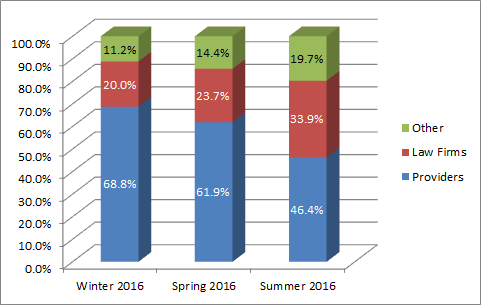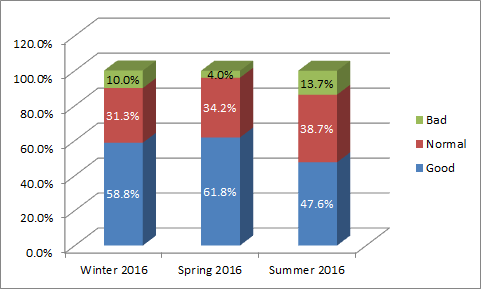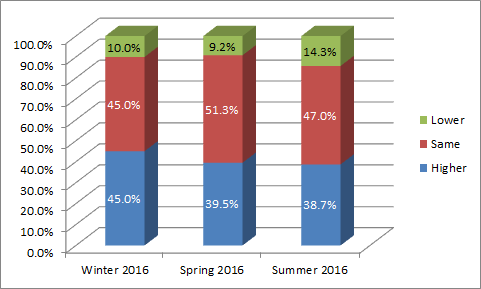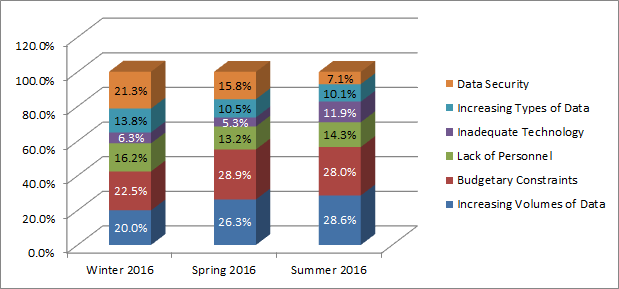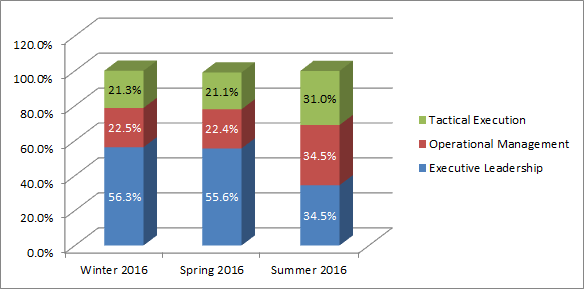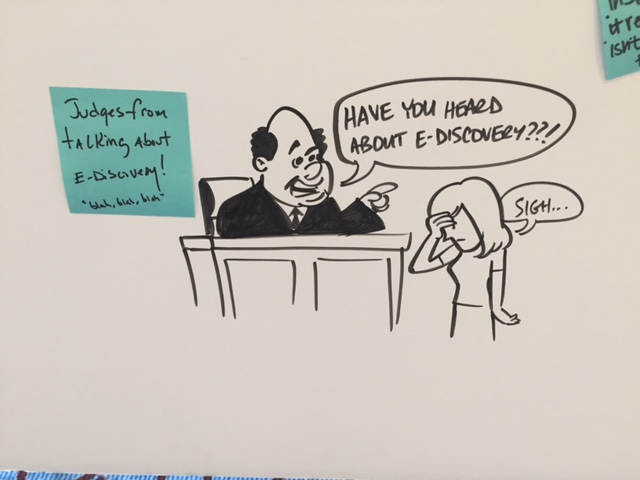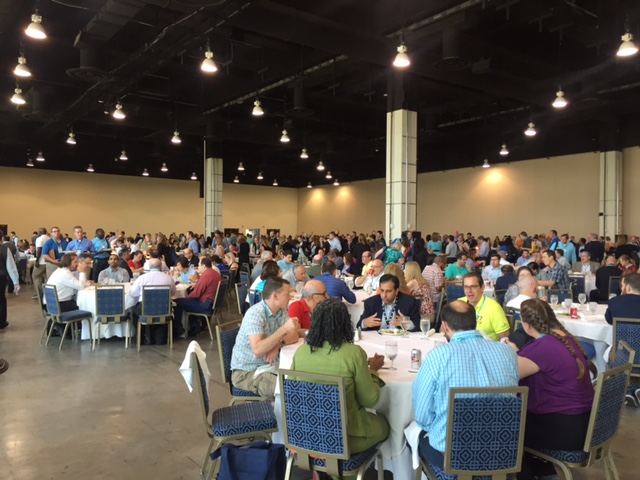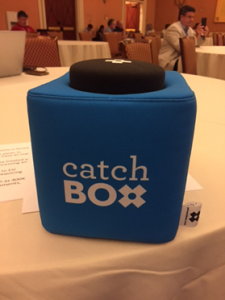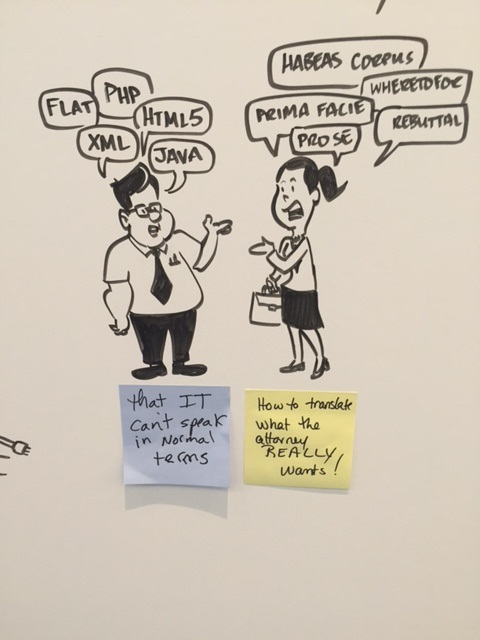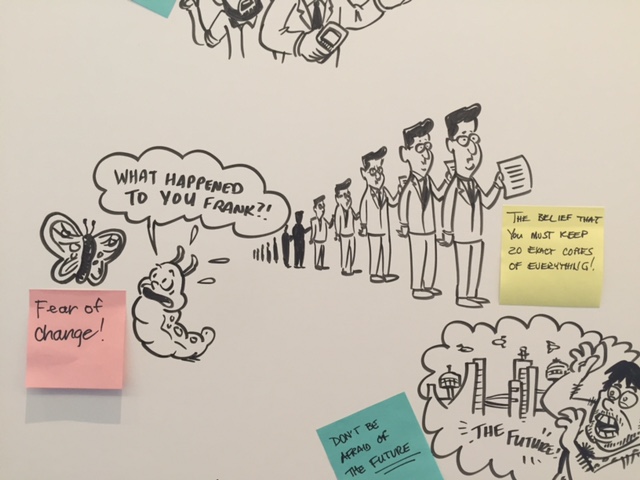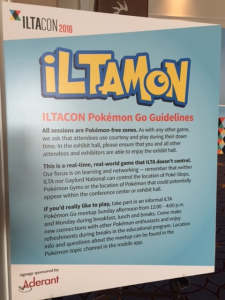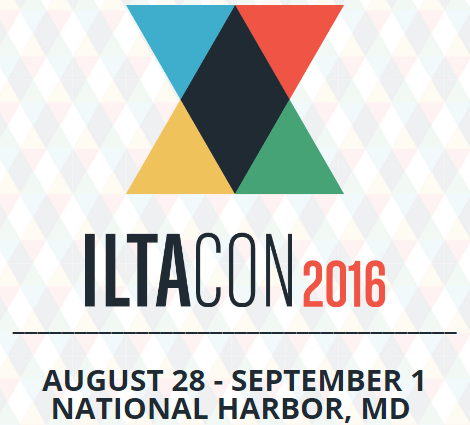Court Rejects Discovery for Additional Time Period, But Grants Additional Discovery on Termination Plan: eDiscovery Case Law
In Blodgett et. al. v. Siemens Industry, Inc., No. 13-3194 (E.D. N.Y., Aug. 9, 2016), New York Magistrate Judge A. Kathleen Tomlinson denied the plaintiff’s motion to compel the defendant to respond to the first two requests in its third request for production, but granted the motion regarding the plaintiff’s third request for ESI regarding a division-wide reduction-in-force plan.
Case Background
In this case alleging improper termination, the plaintiffs sued after the defendant allegedly promised them continued employment and then terminated their jobs in April 2013. Previously, the Court had directed the defendant to produce additional ESI from custodians previously agreed upon by the parties as well as two new custodians, but when the plaintiff filed a motion to compel in July 2015 regarding alleged deficiencies in the defendant’s responses, the Court denied the plaintiff’s motion, without prejudice and with the right to renew, on the grounds that it was not in compliance with Local Rule 37.1.
In its renewed motion, the plaintiffs sought production of additional emails that included a new three-month time frame (October 1, 2012 to December 31, 2012) not previously requested. The plaintiffs also sought emails related to the rejection of a proposal for an additional sales manager position that the plaintiff argued “refers to Defendant working on a possible reduction of staff in August 2012”. The defendant claimed that the quote in one particular email (“look at the final territory breakdown. While we worked on this last August, the documents need to be refreshed and double checked”) related to territory breakdowns, not contemplation of a reduction-in-force and one of the custodians (Richard Lattanzi) testified that there were no discussions regarding reduction-in-force in August 2012. The plaintiffs also requested all documents related to “Project Merlin,” a division-wide reduction-in-force plan, contending that those documents were relevant, and that the defendants had not yet produced any documentation about this project.
Judge’s Ruling
Regarding the first request, Judge Tomlinson, in denying the request, stated:
“Having considered the parties’ arguments in light of these standards, the Court declines to compel Defendant to respond to Request No. 1. As Defendant points out in its opposition, compliance with this document request would require Defendant to search the ESI of all seven custodians using a third set of date parameters (i.e., October 1, 2012 to December 31, 2012) not previously agreed to by the parties or authorized by the Court. Plaintiffs simply have not provided the Court with a basis beyond speculation to believe that relevant information is likely to be uncovered as a result of requiring Defendant to undertake an additional search for the proposed three-month period.”
Judge Tomlinson, also denied the second request as well, stating “In short, Lattanzi’s deposition testimony does not support the additional discovery sought in Request No. 2. To the extent Plaintiffs wished to determine what Schlesinger meant in his March 2013 email and whether that email does, in fact, refer to an August 2012 reduction in force, they could have questioned Schlesinger about the email during his deposition, which was conducted more than four months after Defendant produced the email on April 1, 2014… And although Plaintiffs assert that “Mr. Lattanzi’s deposition revealed additional information that requires supplemental disclosure by Defendant,” Plaintiffs have not identified this alleged “additional information.” Their conclusory statement is insufficient to compel the discovery sought in Request No 2.”
However, Judge Tomlinson, granted the plaintiff’s third request, noting “From the parties’ submissions and their representations of Lattanzi’s deposition testimony, it appears to the Court that Project Merlin was an overarching reduction-in-force encompassing not only Plaintiffs’ group, but other groups within Defendant’s Building Technologies division. The Court therefore finds that documents, information, and correspondence regarding a particular reduction-in-force within Project Merlin which resulted in the termination of Plaintiffs’ employment are relevant and should be produced. However, Plaintiffs are not entitled to discover information about reductions-in-force in other groups/divisions which were affected pursuant to Project Merlin but were unrelated to Plaintiffs’ termination.”
So, what do you think? Did the Court make the right decisions? Please share any comments you might have or if you’d like to know more about a particular topic.
Disclaimer: The views represented herein are exclusively the views of the author, and do not necessarily represent the views held by CloudNine. eDiscovery Daily is made available by CloudNine solely for educational purposes to provide general information about general eDiscovery principles and not to provide specific legal advice applicable to any particular circumstance. eDiscovery Daily should not be used as a substitute for competent legal advice from a lawyer you have retained and who has agreed to represent you.



